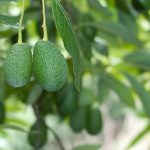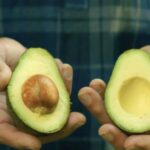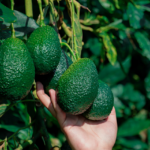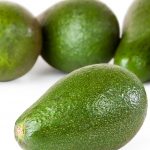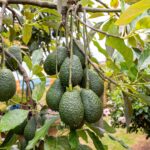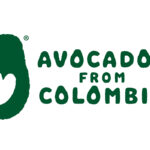World Avocado Organization responds to Christian Aid Avocado report

The World Avocado Organization says the report "Getting Smashed, The Climate Danger Facing Avocados," singles out the avocado industry as one of the main culprits for water shortage and climate change.
The organization released a press release stating they "deplore the paper," because its largely built on incorrect facts from non-scientific sources like gardening magazines written by experts who have no environmental expertise.
World Avocado Organisation Chairman Zac Bard expressed his shock about the NGO organization, with no former experience in environment research, releasing a report about environmental issues.
"We are surprised to find that a very reputable NGO like Christian Aid - which is known for its commitment to the eradication of poverty - has released a paper on environmental issues," he said.
"(The paper) which lacks facts based on detailed research and includes no solid support from independent third parties specialized in the field of sustainability or avocado production. Moreover, we were not contacted to comment on this paper before its release.”
The organization goes on to speak on the environmental footprint of avocados in comparison to other produce, stating that as industry expects, they can refer to a whole range of scientific studies and relevant data that can help five a fuller picture.
In regards to the water footprint of avocados, they single out the incorrect allegations made in the paper. "It is worth noting that when droughts or heat waves plague a specific area, this affects all crops and aspects of life for the local community, not just avocado production alone," the press release said.
The organization states that avocados have a much lower water footprint than other foods such as coffee, chocolate, beef and olive oil, and can thrive on rainwater principally. "Moreover, when avocados are grown in areas where there is less rainfall and additional water irrigation is needed, sustainable drip technologies are used to significantly reduce water usage by up to 50% in certain cases."
They also list that avocados carbon footprint is comparable to other fruits and lower than animal-based products and that the fruit is grown on perennial trees, which can be better for the environment than other crops due to their absorption of carbon dioxide, which leads to a more hospitable soil for other plants and a reduction in soil and water erosion compared to annual crops.
"The World Avocado Organisation deplores that the paper casts a negative light on the avocado culture which creates many jobs and stable revenue for many small and medium-sized growers who are constantly striving to become even more sustainable," WAO said.
"World Avocado Organisation members, and the avocado industry as a whole, are frontrunners when it comes to sustainability and are continuously innovating growing methods to decrease the impact avocado farming has on the environment."
















